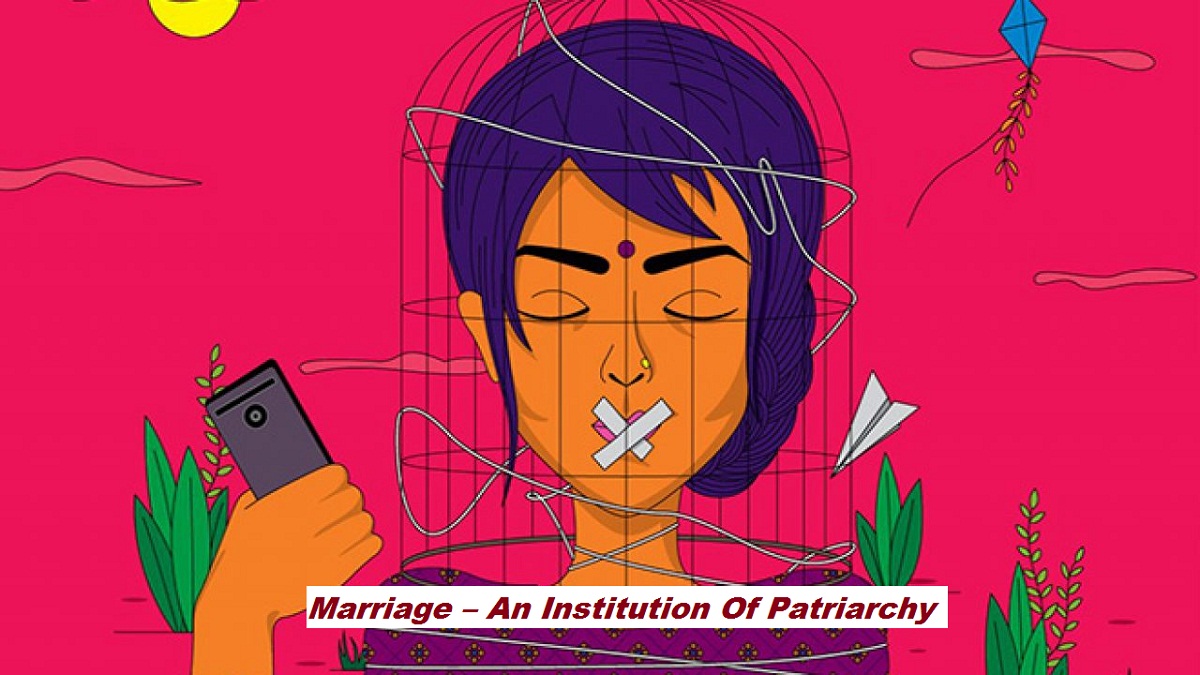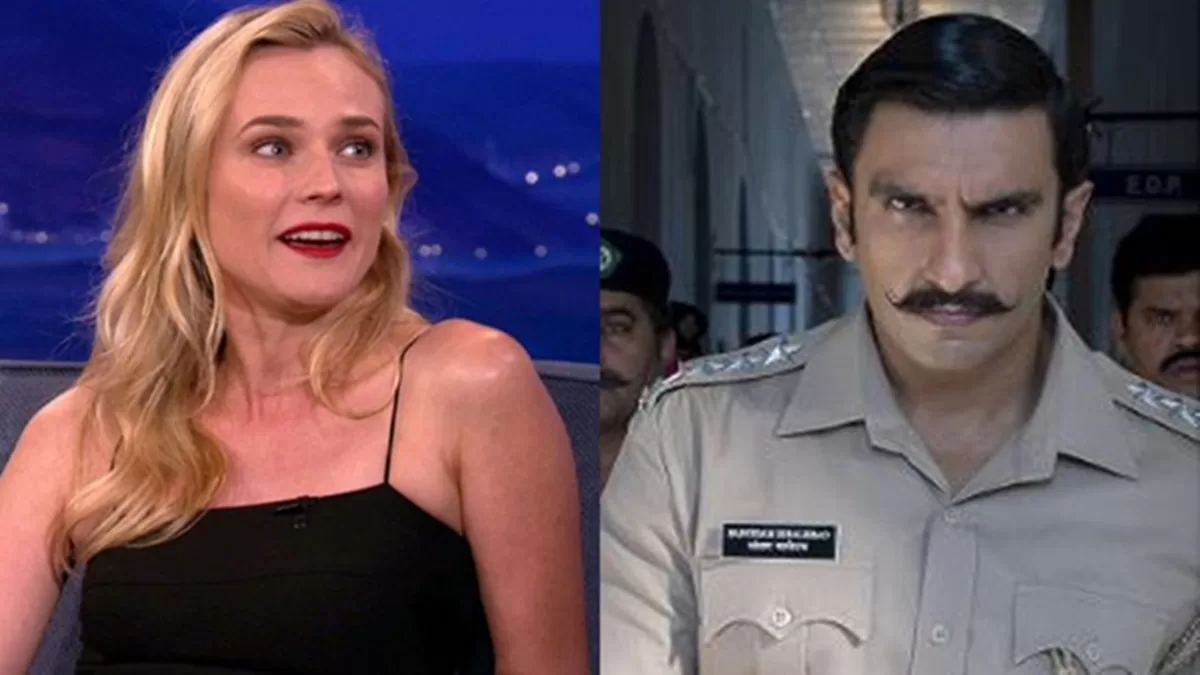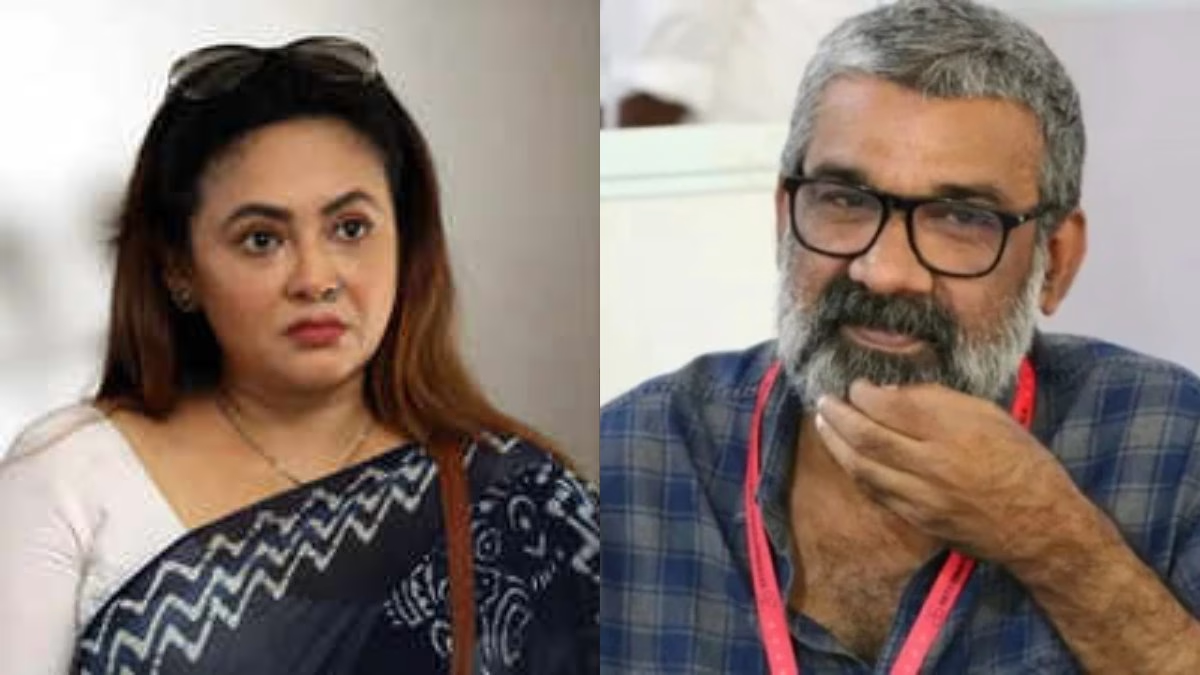Marriage – An Institution Of Patriarchy

By Tulika Sinha
Marriage is an institution that is a reflection of Patriarchy.
A girl has her whole life changed after marriage. She is expected to change her name, her food habits, her beliefs and her ideologies after being married. She gets a new identity.
Marriage gives ‘a new life’ to a girl. But the question is- Why does only a girl go through such changes? Aren’t we all humans? Why does a girl not have her own identity? Why is her identity changed depending on her marital status?
We have a notion that a girl has no identity of her own. She is born with her father’s name and dies with her husband’s name.

A girl has to sacrifice everything after marriage, yet, she is expected to look married wearing sindoor and mangalsutra as a symbol of marriage, while a boy has to wear no such proof of marriage.
It is the ‘responsibility of a woman to fast for her husband’s long life, while a women’s life has no importance.
A girl might get married into a joint family, whereas her parents, even if let all alone, will have to accept the fact that they have to lead their life in solitude.
Practices that forbid women to even sit at a common dining table during her menstrual cycle, where she is not allowed to cook food or enter the kitchen during menstruation, practices that talk about the girl child as a commodity that has to be sent to ‘her rightful house’ through rituals like ‘kanyadaan’ and ‘bidai’, that tell girls to be home by 8pm while the male members can loiter and enter home even at 2am, drunk. We live in a society where a man can pee in a public place, while if a girl wears a short skirt she is considered to be characterless. Each and every restriction and tradition is pointed solely towards a women’s personal space and her choices.
Yes, we do see that patriarchy is rooted in every aspect of our lives and that it is directed mostly towards women. But being a feminist, the only thing we demand is equality.
When we talk about women empowerment the only things that our society thinks of is getting the girls educated. Education is an important aspect of women empowerment, but our society needs to understand that women empowerment and equality entails something much bigger than just career and education.
No matter what a girl achieves in her life, be it a doctor, engineering, scientist, or even if she becomes the prime minister of a country, she will have to, in the end, follow the patriarchal norms of our society. She will have to be ‘given away’ to a new family, she will be denied the right to perform the last rites for her parents, and she will ultimately be judged on her cooking skills, her managing of household chores, her ability to be a good wife, a good mother, a good daughter-in-law.
The only question I ask is “Why?”
Why the rules are apply only to women? Why is it always a woman who has to make all the sacrifices in life? We need to understand that we are all human beings, so how can one gender be superior to another? Why can a girl not ask for equality in life? And if she does so why is she not appreciated?
We as a society need to ask these questions.










